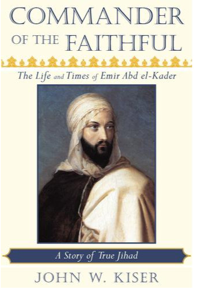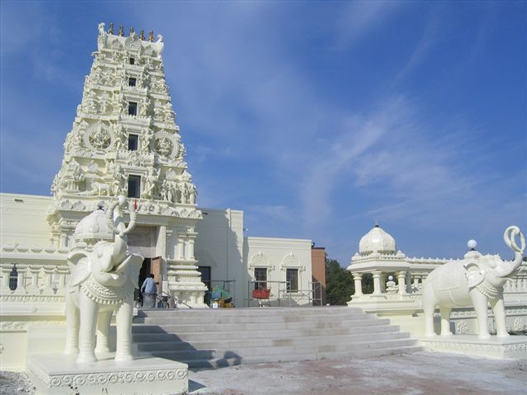Professor Knepper’s Spring 2105 Philosophy of Religion course looked at discourses of ineffability in Jewish mysticism and Muslim mysticism (as well as a little Zen Buddhism). In their final papers students were asked to describe and compare several of these discourses, then both to explain their commonalities and differences and to evaluate the general claim that ultimate beings and/or experiences are ineffable. Below are some of their final papers:
04/16/2015: Love Is to Renounce Naming the Beloved: Muslim Mystic al-Rabi’a and Her Teaching of the Ineffable
 Tamara Albertini,
Tamara Albertini,
Professor of Philosophy, Director of the Undergraduate Certificate of Islamic Studies, University of Hawai’i at Manoa
April 16, 7 p.m., Sussman Theater, Olmsted Center
The female Muslim mystic Rabi’a al-‘Adawiyya (d. 801) is widely considered one of the most influential mystics of Sufism, as she was primarily responsible for redirecting the spirit of early Sufism away from the path of austere asceticism and toward the path of divine love. Dr. Albertini’s illustrated lecture will begin by introducing Sufism in general and Rabi’a in particular, after which she will explore Rabi’a’s mystical poetry with respect to her struggle to express an ineffable love for Allah.
Dr. Tamara Albertini was raised in North Africa where she learned Arabic and attended Qur’anic classes. Later, she obtained a Lic.phil. from the University of Basel (Switzerland) and a Dr.phil. from the Ludwig-Maximilians-Universität in Munich (Germany) in Islamic and Renaissance studies. Her many publications aim at reintroducing the vigor and vision of Muslim intellectual contributions from the classical period. Since 9/11, she speaks widely on Islamic Fundamentalism, Women and Islam, and Islamic Law.
11/14/2012: Loss and Suffering with Dignity: Abd el-Kader’s Jihad with France
John Kiser, author The Commander of the Faithful: The Life and Times of Emir Abd el-Kader and The Monks of Tibhirine: Faith, Love and Terror in Algeria
Wednesday, November 14 7:00 p.m., Olin 101
 John W. Kiser is the author of numerous books, most notably The Monks of Tibhirine: Faith, Love and Terror in Algeria, which won the 2006 French Siloe Prize for best book on a humanistic topic, and which was the basis for the 2010 Cannes award-winning film, “Of Gods and Men;” and Commander of the Faithful: The Life and Times of Emir Abd el-Kader, which is the inspiration behind the Abdelkader Education Project and its annual Abdelkader essay contest in Elkader, Iowa. A former international technology broker, Kiser has an M.A. from Columbia University in European History and MBA from the University of Chicago.
John W. Kiser is the author of numerous books, most notably The Monks of Tibhirine: Faith, Love and Terror in Algeria, which won the 2006 French Siloe Prize for best book on a humanistic topic, and which was the basis for the 2010 Cannes award-winning film, “Of Gods and Men;” and Commander of the Faithful: The Life and Times of Emir Abd el-Kader, which is the inspiration behind the Abdelkader Education Project and its annual Abdelkader essay contest in Elkader, Iowa. A former international technology broker, Kiser has an M.A. from Columbia University in European History and MBA from the University of Chicago.
Kiser’s talk will review the highlights of el-Kader’s life during war, peace, imprisonment, and exile, exploring how faith and higher knowledge strengthened him as he suffered defeat, betrayal and loss. In so doing, Kiser will show how the emir’s exemplary life of faith-based moral leadership not only brought him worldwide acclaim from the likes of Abraham Lincoln, Pope Pius the IX, Queen Victoria, and Emir Shamil, but also motivated a town in northeast Iowa to adopt his name.
Kiser, Abdelkader’s Legacy talk
Listen to audio of Kiser’s lecture:
sc_embed_player_template1 fileurl=”http://comparisonproject-migration.wp.drake.edu/wp-content/uploads/sites/143/2013/02/20121114edit.mp3″]

